Spanish taxis block roads in 'anti-Uber' protest
- Published
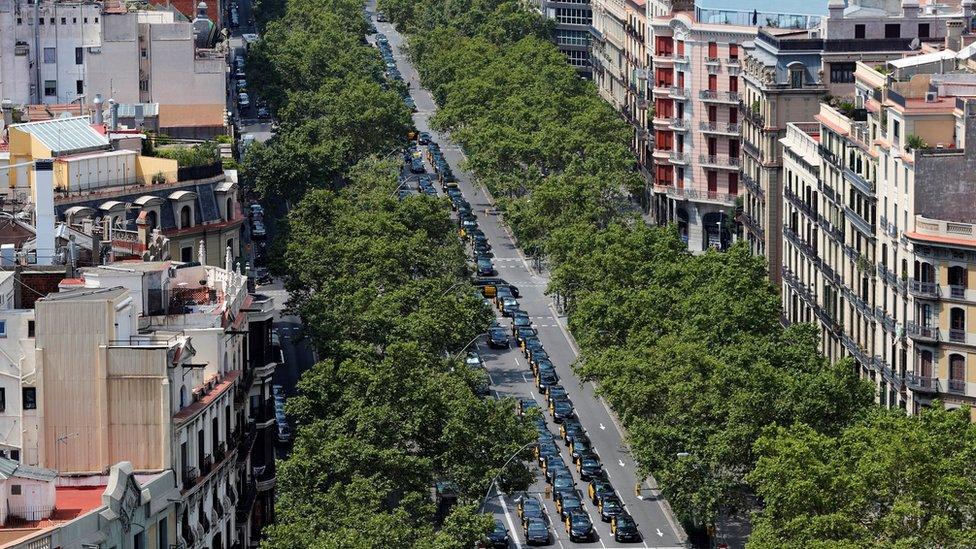
The strike began in Barcelona five days ago
Taxi drivers across Spain have joined a strike against ride-hailing companies like Uber, demanding the government restrict their numbers.
The striking taxi drivers, some of whom have been camping out for days, say the services threaten their livelihood and are putting thousands of jobs at risk.
As a result, they have blocked main roads in the capital, Madrid, and in Barcelona with their parked cars.
A meeting on Monday to attempt to end the strike failed to reach a deal.
Taxi unions want the government to enforce a law which requires just one ride-hailing licence for every 30 taxi licences.
According to Spanish newspaper El Pais, the government offered to give licensing powers to each of the regions, external during a four-hour meeting. This was rejected by taxi representatives, who say it would not fix the issue, but just pass it along.
The meeting is due to resume later on Monday in the hope of finding a resolution.
Union representatives said in a statement that "Uber and Cabify are putting the viability of the taxi sector and 130,000 jobs at risk", adding it "considers this unfair competition intolerable".
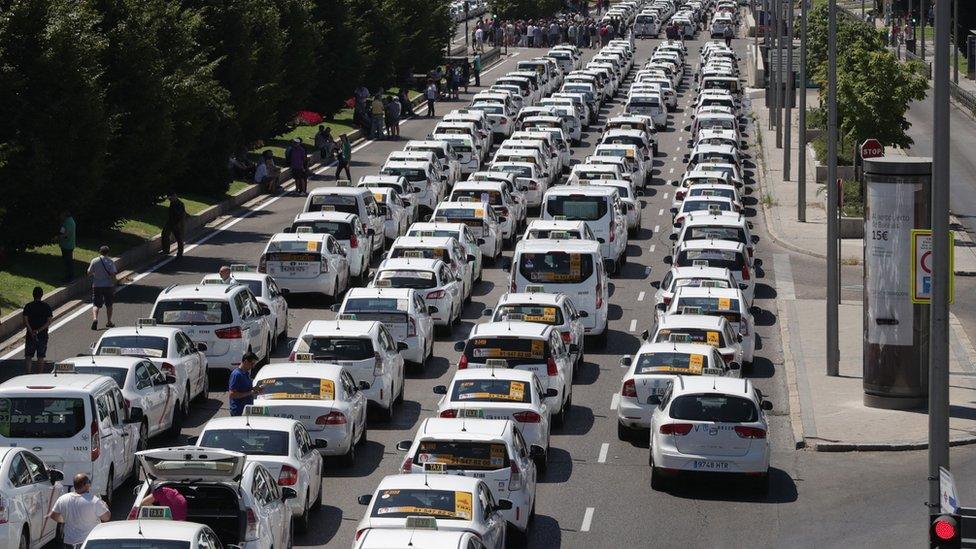
... and spread to other cities, including Madrid
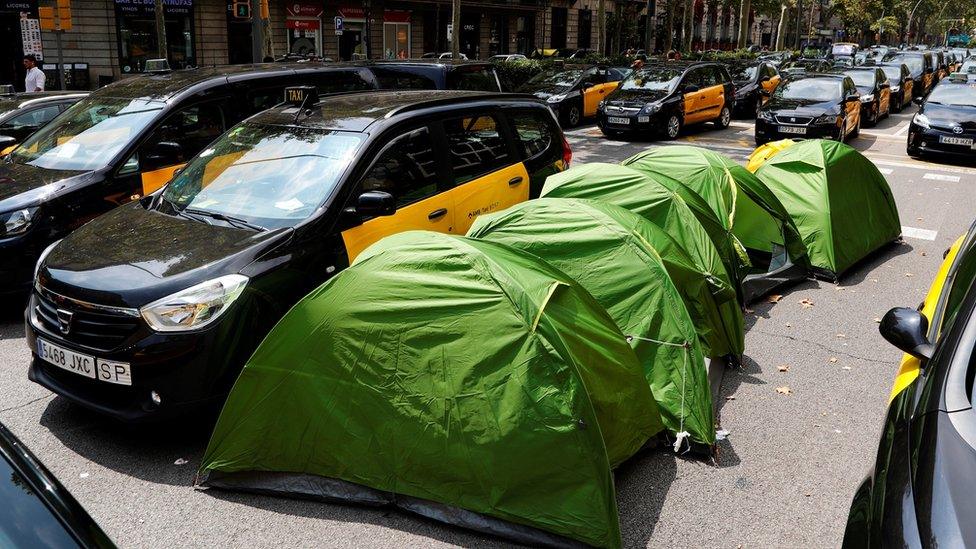
Some drivers are camping next to their parked vehicles
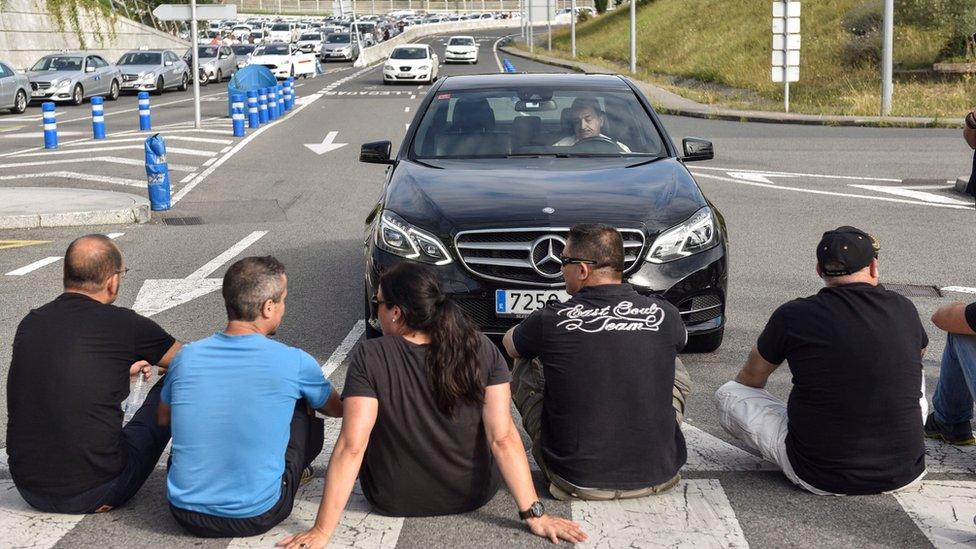
These taxi driver in Bilbao were blocking the entrance to the airport
The strike began in Barcelona last Wednesday, after the Spanish government appealed against a ruling by the Barcelona authorities that limited the number of licences for taxi services booked by smartphone apps.
Madrid, Valencia, Bilbao and Seville are all following in Barcelona's footsteps and are calling their own stoppages, causing widespread disruption.
The strike is now trending on Twitter, with the hashtag "HuelgaTaxis" generating thousands of tweets, with people sharing pictures of the strikes in their areas:
Allow X content?
This article contains content provided by X. We ask for your permission before anything is loaded, as they may be using cookies and other technologies. You may want to read X’s cookie policy, external and privacy policy, external before accepting. To view this content choose ‘accept and continue’.

But while some people were supporters, others were unimpressed by the action, with Sheila H suggesting it was a "perfect advertising campaign".
Allow X content?
This article contains content provided by X. We ask for your permission before anything is loaded, as they may be using cookies and other technologies. You may want to read X’s cookie policy, external and privacy policy, external before accepting. To view this content choose ‘accept and continue’.
Others suggested the taxi drivers could simply look at the likes of Uber as "an opportunity" and not a threat.
Allow X content?
This article contains content provided by X. We ask for your permission before anything is loaded, as they may be using cookies and other technologies. You may want to read X’s cookie policy, external and privacy policy, external before accepting. To view this content choose ‘accept and continue’.

- Published20 December 2017
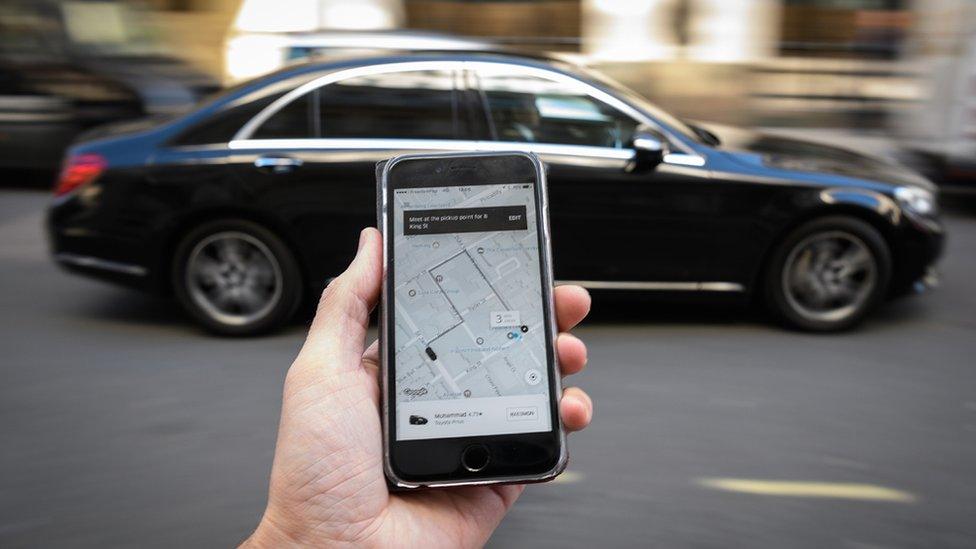
- Published16 July 2018
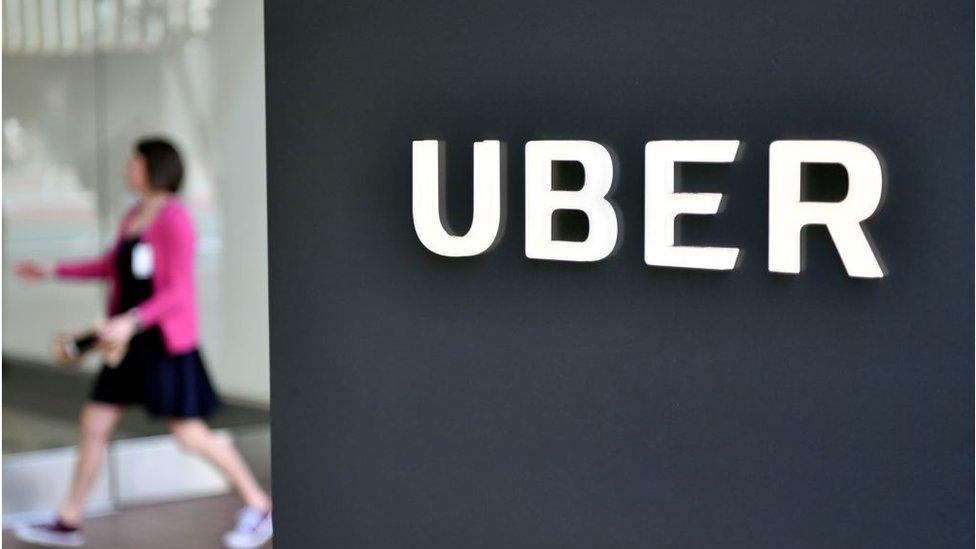
- Published25 June 2018
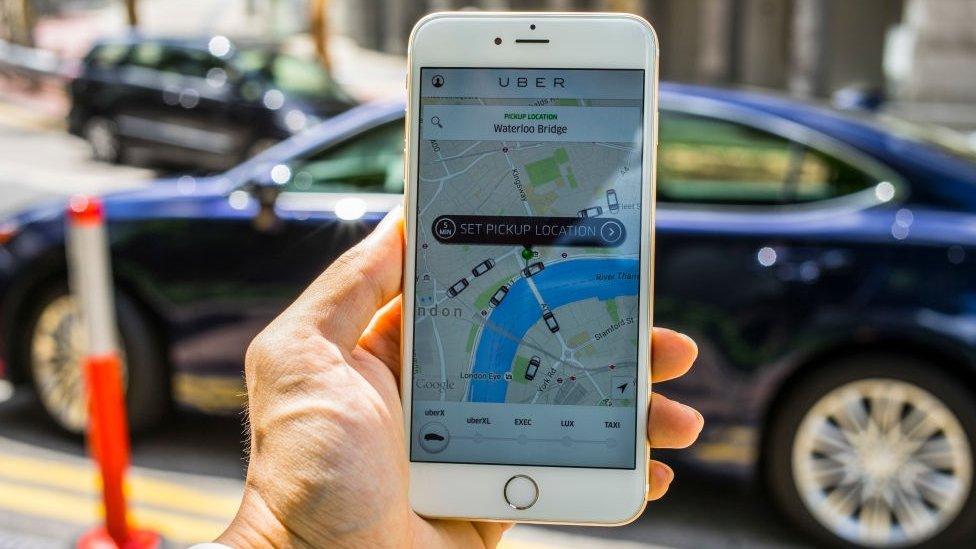
- Published9 July 2018
